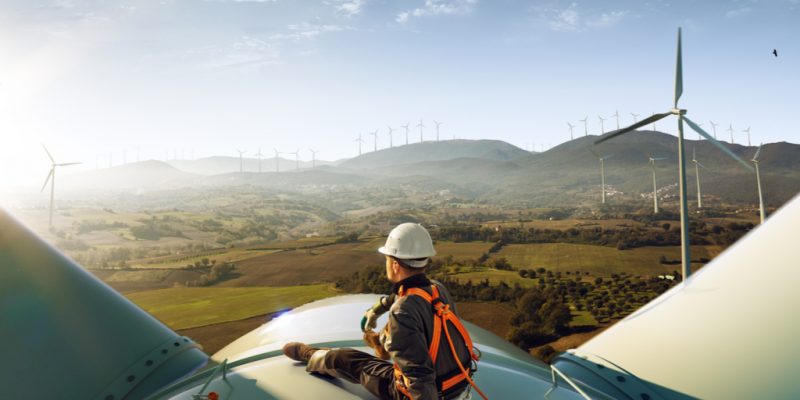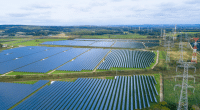The New and Renewable Energy Authority (NREA), a government institution responsible for the promotion and development of renewable energy in Egypt, plans to implement solar and wind energy projects with a combined capacity of 3,170 MW in the near future.
New renewable energy projects are expected in Egypt. These include solar and wind energy projects with a combined capacity of 3,170 MW. They will be implemented by NREA (The New and Renewable Energy Authority), a government institution responsible for the promotion and development of renewable energy projects in Egypt. “The projects under consideration are wind farms with a total capacity of 2,200 MW and solar power plants with a combined capacity of 970 MW,” says Mohamed El-Khayyat, the director of NREA. The projects will improve access to electricity in the country.
The Egyptian government aims to increase the share of renewable energy in the country’s energy production mix by 20% by 2022, with the possibility of doubling it by 2035.
NREA recently announced the implementation of these solar and wind projects, while several others are underway in the country. The government institution has been studying, for more than a month, construction applications for several solar photovoltaic and wind power plants with a cumulative capacity of 6.34 GW in the country. Among these projects, 2.75 GW are projects taken over by the private sector. According to Mohamed El-Khayyat, the director of NREA, the projects include 250 MW wind farms owned by the public sector and solar photovoltaic plants with a capacity of 170 MWp. They also include other wind farms with a capacity of 1,950 MW initiated by the private sector, as well as solar photovoltaic plants of 800 MWp.
According to the director of NREA, the electrical energy that will be generated by the future 6.34 GW solar power plants will also be used to operate irrigation wells in the country. “The use of solar energy for these wells reduces the pressure on the electricity grid, while harnessing the renewable energy available. It also ensures that no wells operate except during periods of sunshine, which will allow both maximum use of the underground reservoir and its preservation over a long period of time”.
Inès Magoum





